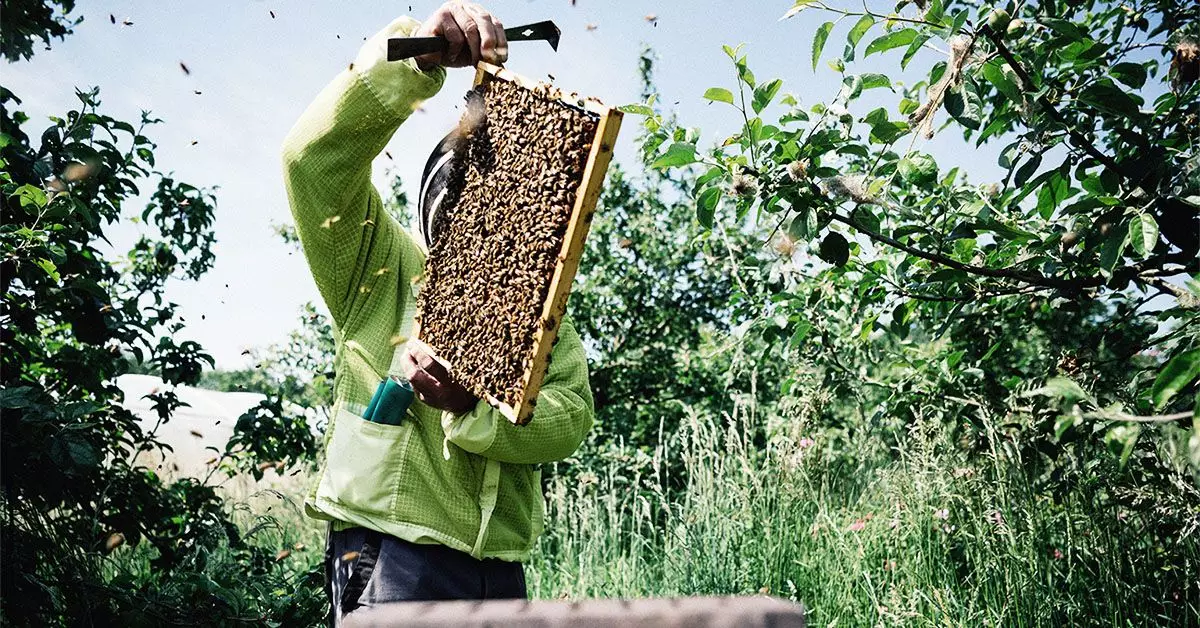There is a common belief that consuming local honey can reduce hay fever symptoms due to the traces of pollen present in it. The theory is that by exposing the immune system to these pollen traces, it can build tolerance and reduce allergic reactions over time. However, this belief has been widely debated in the scientific community, with limited evidence to support it.
A 2020 review found no scientific evidence to support the claim that local honey can help with hay fever symptoms. While some studies have shown positive results with specific types of honey, such as birch pollen honey and Tualang honey, these studies have involved small groups of participants and do not necessarily prove that all local honey works for hay fever. This lack of concrete evidence raises questions about the effectiveness of local honey in alleviating hay fever symptoms.
The idea behind using local honey for hay fever is based on the principles of immunotherapy, which involves exposing the body to allergens to build tolerance and reduce allergic reactions. However, most people with hay fever are allergic to grass and weed pollens, whereas bees pollinate flowers. This raises doubts about whether local honey actually contains the pollen that most hay fever sufferers are allergic to.
While honey has some beneficial properties, it is important to be cautious when consuming it, especially raw, unprocessed honey. Raw honey can contain Clostridium botulinum spores, which can cause botulism, a potentially serious illness. People with severe pollen allergies may also have significant reactions to raw honey. Therefore, it is essential to weigh the risks and benefits before incorporating honey into a hay fever treatment plan.
More high-quality clinical trials are necessary to confirm whether honey, especially raw local honey, can effectively alleviate hay fever symptoms. While some studies have shown promising results with specific types of honey, it is crucial to determine if these findings apply to a broader range of honey varieties. Additionally, understanding the mechanisms through which honey may work to reduce allergic reactions is essential for developing evidence-based treatment recommendations.
The idea of using local honey to relieve hay fever symptoms is appealing but lacks substantial scientific evidence to support it. While some studies have shown positive results with specific types of honey, more research is needed to determine the effectiveness of local honey in general. It is important for individuals with hay fever to consult with a doctor before trying complementary therapies and to exercise caution when consuming honey, especially raw honey. Ultimately, further research is necessary to clarify the role of honey in hay fever management and to provide evidence-based recommendations for individuals seeking alternative treatments for their allergies.

